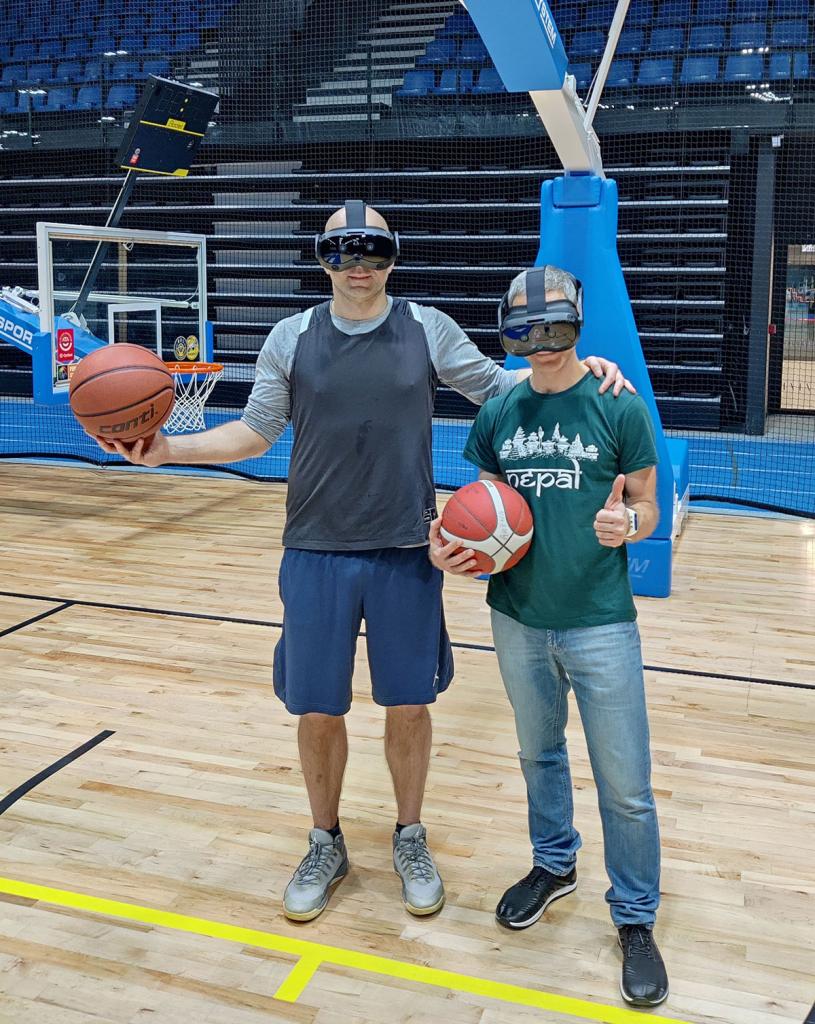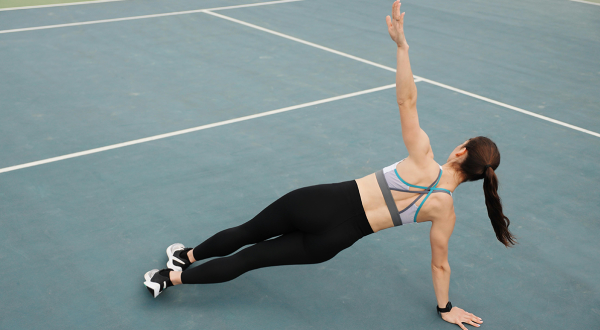Innovative technologies to enhance adolescent athletes' performance
Young athletes today face significant mental strain in their daily lives, balancing intense training schedules with demanding schoolwork. A double workload like this can lead to increased stress and difficulties concentrating, which negatively affects both their athletic and academic performance. This encourages a search for approaches that can help teenagers cope more effectively with these challenges – particularly those that focus on attention regulation and stress management. However, engaging young people in learning these skills can be challenging, as traditional methods often seem boring or irrelevant to them.
 Researchers from the Rīga Stradiņš University Latvian Academy of Sport Education (RSU LASE) have begun developing a virtual reality (VR) and augmented reality (AR) game specifically tailored for adolescent basketball players. Asst. (acting) Mg. sc. sal. Gints Peleckis from the Department of Health Psychology and Paedagogy shares his insights into the project. The game is planned to integrate eye pupil tracking system and breathing control exercises, making attention and stress management training interactive, engaging, and appealing. With this approach, users can combine the joy of playing the game with its practical benefits.
Researchers from the Rīga Stradiņš University Latvian Academy of Sport Education (RSU LASE) have begun developing a virtual reality (VR) and augmented reality (AR) game specifically tailored for adolescent basketball players. Asst. (acting) Mg. sc. sal. Gints Peleckis from the Department of Health Psychology and Paedagogy shares his insights into the project. The game is planned to integrate eye pupil tracking system and breathing control exercises, making attention and stress management training interactive, engaging, and appealing. With this approach, users can combine the joy of playing the game with its practical benefits.
As part of the project, an immersive reality game is being developed that integrates an innovative eye pupil tracking system to explore cognitive functions and breathing performance of adolescent athletes in a simulated sports competition environment. Researchers hope that this technologically advanced method will stimulate greater interest in adolescents, improve their cognitive abilities and stress management skills. This innovative approach is designated to address young people's digital interests and may serve as an effective tool to promote mental health and athletic success in today’s dynamic environment.
Related news
 Sports psychology study on young athletes: how burnout, anxiety, and wellbeing shape distinct athlete profiles Research, Psychology
Sports psychology study on young athletes: how burnout, anxiety, and wellbeing shape distinct athlete profiles Research, Psychology


